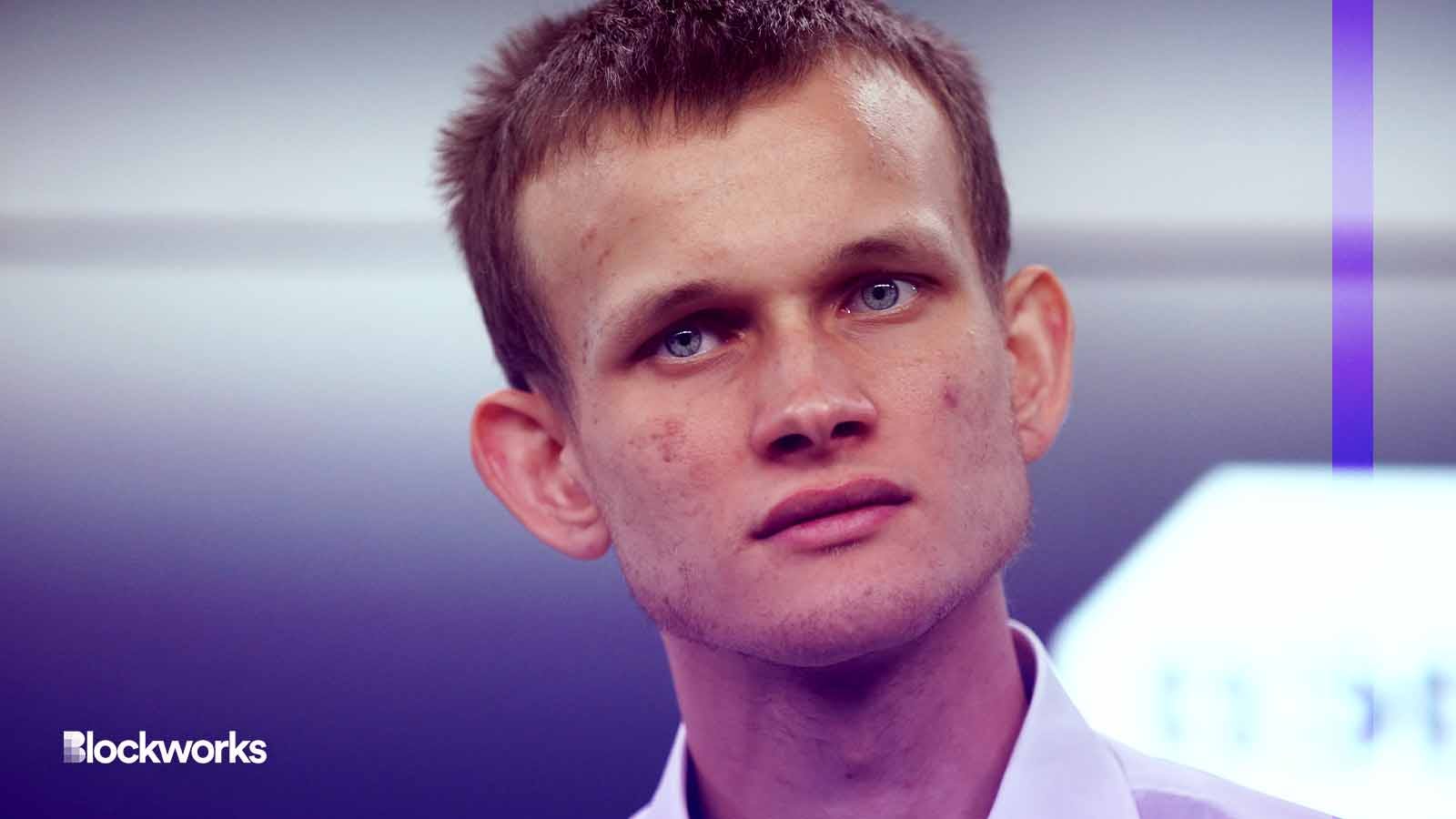Ethereum’s Buterin co-authors proposal to balance blockchain privacy, regulation
Privacy Pools may be a way to find an equilibrium between privacy and regulation

Alexey Smyshlyaev/Shutterstock modified by Blockworks
A new research paper co-authored by Ethereum co-founder Vitalik Buterin delves into the ways in which blockchains can remain both private and compliant with government regulations.
The paper comes during a notable period of friction between the use of permissionless networks and government agencies wishing to expand their oversight of such activities. Last month, two co-founders of the EVM-compatible transaction mixing service Tornado Cash were charged by the US government.
The paper’s authors — Buterin, as well as Chainalysis chief scientist Jacob Illum, University of Basel professor Fabian Schär, doctoral candidate Matthias Nadler of the University of Basel, and Spankchain co-founder Ameen Soleimani — contend that good and bad actors could be distinguished through the use of a “smart contract-based privacy enhancing protocol” dubbed Privacy Pools.
Privacy Pools uses zero-knowledge (ZK) technology and enables users to generate a new withdrawal address that can’t be linked to previous transactions.
It also lets users choose their own privacy settings — meaning they can exclude any suspicious users from their transactions. This can be achieved through Merkle roots.
The authors note that their intention is to find cooperative solutions between lawmakers, regulators and practitioners across various fields to ensure that privacy-enhanced infrastructure can thrive in an otherwise regulated environment.
“We argue that the proposal is quite flexible and can be adapted to potentially satisfy a
large variety of regulatory requirements,” the authors wrote. “The paper should be seen as a humble contribution towards a potential future in which financial privacy and regulation can co-exist.”
Inside Privacy Pools
Any crypto asset created and spent on a blockchain possesses a coin ID (or hash) associated with it. This information is stored using a Merkle tree, a data structure through which each hash is linked to another hash in a tree-like structure.
Numerous transaction hashes are stored in a block, and each block is also hashed, creating a Merkle root.
In tandem with zero-knowledge tech — which enable blockchains to prove that data is accurate without revealing the information itself — users can prove that their withdrawals are made through a previous deposit. At the same time, they’d only reveal information from a limited data set of their choosing.
This means that honest users can prove that the origins of their funds are not directly tied to criminal activity.
Get the news in your inbox. Explore Blockworks newsletters:
- The Breakdown: Decoding crypto and the markets. Daily.
- 0xResearch: Alpha in your inbox. Think like an analyst.






